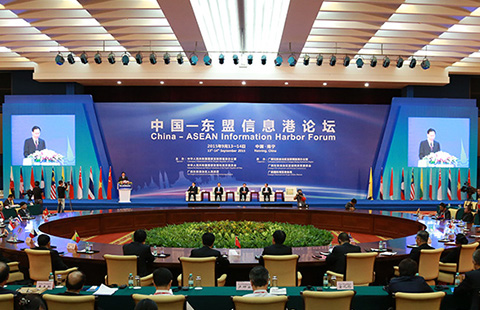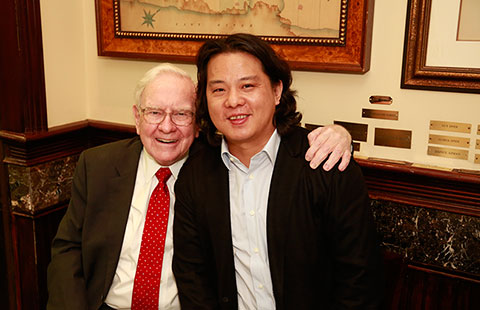A maturing market needs new players
By Chen Yingqun (China Daily) Updated: 2015-09-14 10:54"We have seen the emergence of Chinese brands. We haven't seen the emergence of Chinese brands that are a reference of quality or reference for fashion, a reference for high-end products," he said.
Another challenge is how to hand over to the next generation. Good companies usually are led by a visionary leader, who may be hands-on, so it is difficult to hand over the reins, whether to the next CEO or to the next generation, Bouee said. This issue is not particular to China.
He said that despite some media reports about China's second-generation rich being profligate, he knows many who are diligent, hardworking and committed.
Management talent has increased dramatically in China in the past few years. Because of the innovation frenzy, many talented young entrepreneurs would rather start their own companies than work for established firms. The management skills of the new Chinese generation aren't as available as they otherwise would be to large companies or consulting firms.
In the case of Roland Berger, 70 percent of its clients in China are Chinese companies, and more than 95 percent of its employees are local. Bouee says the challenges Chinese companies are facing include the need to be better organized to save costs while continuing to grow fast, as well as brand-building and brand recognition.
"We have seen the emergence of Chinese brands. We haven't seen the emergence of Chinese brands that are a reference of quality or reference for fashion, a reference for high-end products," he said.
Another challenge is how to hand over to the next generation. Good companies usually are led by a visionary leader, who may be hand son, so it is difficult to hand over the reins, whether to the next CEO or to the next generation, Bouee said. This issue is not particular to China.
He said that despite some media reports about China's second generation rich being profligate, he knows many who are diligent, hardworking and committed.
- Visions of a true believer in China
- Automakers accelerating the drive into Arab markets
- Removal of 20-year-old rule a boon to banking sector
- New rules can put banks on digital path
- Consensus reached at Thailand-China railway cooperation talks
- Slump fails in China to deter global automakers
- Changing of the guard at luxury car companies in China
- Economic shift shows in lack of data

















